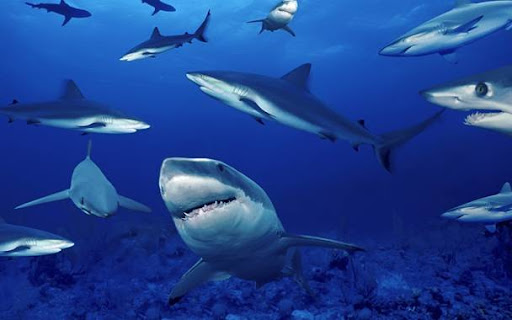The new VNARs will not be immediately available as a treatment in people, but they can help prepare for future coronavirus outbreaks. The shark VNARs were able to neutralize WIV1-CoV, a coronavirus that is capable of infecting human cells but currently circulates only in bats, where SARS-CoV-2, the virus that causes Covid-19, likely originated.
Developing treatments for such animal-borne viruses ahead of time can prove useful if those viruses make the jump to people.
“The big issue is there are a number of coronaviruses that are poised for emergence in humans,” says Aaron LeBeau, a University of Wisconsin–Madison professor of pathology who helped lead the study.
“What we’re doing is preparing an arsenal of shark VNAR therapeutics that could be used down the road for future SARS outbreaks. It’s a kind of insurance against the future.”
LeBeau and his lab in the School of Medicine and Public Health collaborated with researchers at the University of Minnesota and Elasmogen, a biomedical company in Scotland that is developing therapeutic VNARs. The team published its findings in Nature Communications.
“These small antibody-like proteins can get into nooks and crannies that human antibodies cannot access,” says LeBeau. “They can form these very unique geometries. This allows them to recognize structures in proteins that our human antibodies cannot.”
The researchers tested the shark VNARs against both infectious SARS-CoV-2 and a “pseudotype,” a version of the virus that can’t replicate in cells. They identified three candidate VNARs from a pool of billions that effectively stopped the virus from infecting human cells. The three shark VNARs were also effective against SARS-CoV-1, which caused the first SARS outbreak in 2003.
mh/pll/oda/znc









